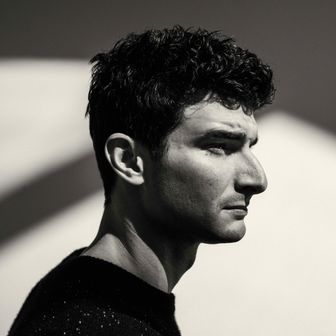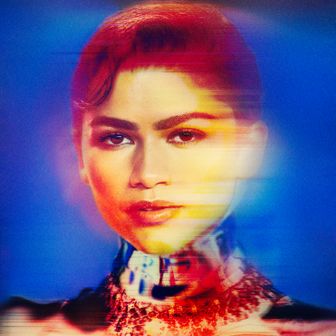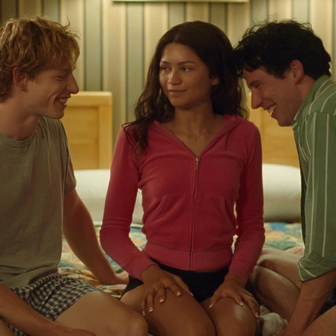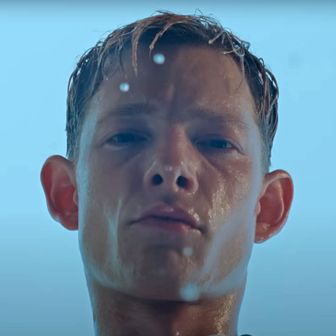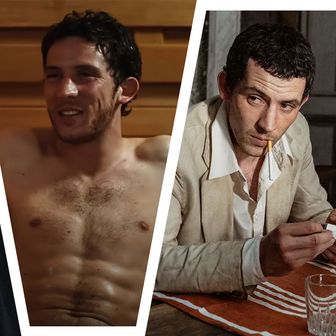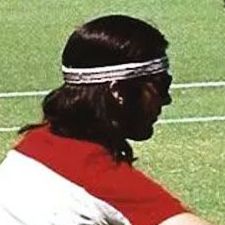
The guys in Challengers are used to switching it up — between backhand and forehand, who’s on top and who’s on bottom (in tennis, pervs!), and which one of them is dating Zendaya at any point in the movie’s fractured timeline. However, there’s one switch that sorely needed to be made but wasn’t: These two need to switch names!
In Challengers, Mike Faist and Josh O’Connor play Arthur “Art” Donaldson and Patrick Zweig, respectively, a team of junior doubles partners whose friendship is thrown upside down by their joint crush on teenage prodigy Tashi Duncan (Zendaya), creating a tumultuous love triangle that takes this tennis trio into their 30s. It’s a lot of fun, in part because the movie’s world is richly observed. From the surprisingly unglamorous locations (one romantic scene takes place at an Applebee’s outside Cincinnati) to the hilariously on-target corporate sponsorships, this steamy drama takes place amid a believable portrait of life on the tennis circuit. Believable except for one thing — I couldn’t buy for a minute that Mike Faist was really named “Art Donaldson” and Josh O’Connor “Patrick Zweig.” Director Luca Guadagnino is famed for his aesthetic eye, but somehow he missed that it’s Faist who is clearly a Patrick Zweig, while O’Connor is a total Art Donaldson.
Scientists speak of the “kiki and bouba” effect, a psychological link between the sounds we hear and the shapes we see. Even though the words don’t mean anything, we instinctively associate kiki with images that are sharp and pointed and bouba with objects that are full and round. I’m not sure if screenwriter Justin Kuritzkes did this on purpose, but the names in Challengers turn out to fit this dichotomy to a T. Let’s start with “Patrick Zweig,” which I think we can all agree is a kiki. Look at all those jagged edges — a t, a k, and a z. And I’m getting bouba vibes from “Arthur Donaldson”: that soft th sound; the gently sloping downward rhythm. (It gains a little more force when shortened to “Art,” though the nickname also brings an unmistakable gaseous quality.)
Now let’s look at the guys’ faces. Tell me: Who’s the kiki and who’s the bouba?
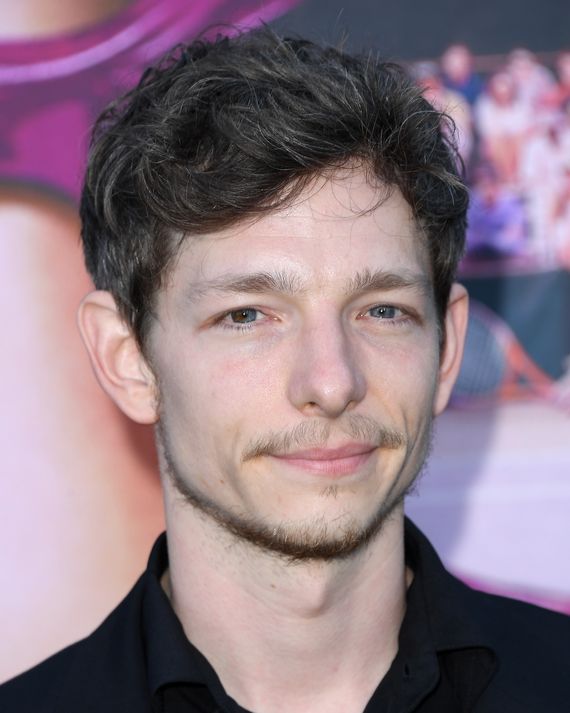
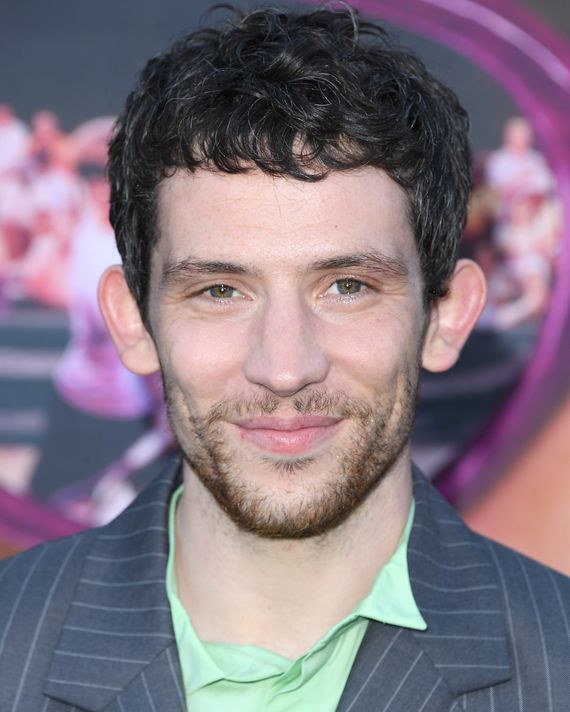
As Tashi Duncan might say: Come on! Faist is triangles, while O’Connor is circles. Faist is pen-and-ink, and O’Connor is oils. Faist is a somehow-even-more-angular John Mulaney; O’Connor is so pillowy he single-handedly made Prince Charles likable again. Faist is kiki; O’Connor is bouba.
There are also the diphthongs to consider. “Faist” and “Zweig” both have a vowel combination you don’t see every day. Furthermore, we can’t overlook the fact that Arthur is an incredibly British name, and of the two actors, O’Connor is the one who is secretly British. (You knew at least one of them would be.) In fact, Josh O’Connor is such an Arthur that he already played one in Alice Rohrwacher’s La Chimera. You can’t bow to nature, guy.
Make no mistake, I am not suggesting these two should switch roles. Each of them is perfectly cast: Faist as the tightly wound beta, O’Connor as the blustering alpha. They should merely pull Challengers from theaters, redub all the dialogue, and CGI the onscreen text so that Josh O’Connor’s character’s name is Art Donaldson and Faist’s is Patrick Zweig. Only then will it be a perfect film.
More on Challengers
- The Death of the Classic Film Score
- Why the Oscars Ignored Challengers
- The Challengers Score Should Be Played at the Club



